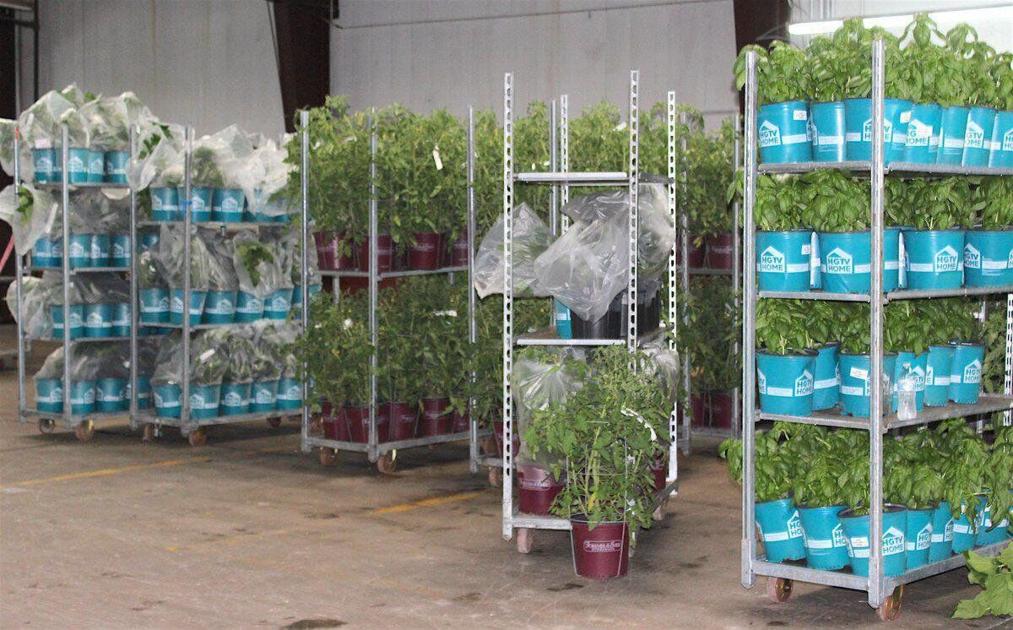
Fall is almost here, and winter will be right around the corner, so those who like to grow their own herbs might want consider taking them inside.
Several plants can flourish indoors, making it easy for chefs to clip sprigs and throw them straight into their dish. Rosemary, oregano, basil, chives, thyme, and parsley are all able to thrive indoors. First thing home gardeners will need is a good potting soil that drains well.
"Any store-bought potting soil should suffice, so long as it is a potting mix, not garden mix or compost with pine bark or mulch," said Garrett Ford, Cherokee County OSU Extension office agriculture educator.
Most herbs are Mediterranean in origin, so they like a dry, hot environment. Many people like to keep their indoor herbs on their kitchen window sills, but gardeners should also go with whatever side of the house is warmer, and ensure the plants get plenty of sunlight.
An herb could be started by cutting the branch of existing plant and placing it in soil with water, or by starting with seeds. Ford said there are home gardener packets gardeners could purchase that come with seeds or peat pellets. Someone could also go to their closest gardening center or nursery and purchase a small rosemary or similar herb plant.
The pot helps prevent excessive growth of the herb, but if it's not used very often, growers might need to transplant it to a bigger pot.
"If you're continuing to use the herb in the kitchen, the vegetative portion of the plant shouldn't get too unruly," said Ford. "The plant can't get that large, because it knows it's going to max out its resource threshold, so to speak. So it's going to sort of inhibit its own growth, anyway, but there are issues with potted plants where the roots do get a little excessive, and you may need to transplant. Depending on what the herb is, you could split it and now have two smaller pots - maybe give one to a friend."
It doesn't take as much water to sustain a small potted herb. Too much irrigation could hinder its development. It's best to keep the soil consistently moist. Gardeners should also take care when using fertilizer.
"Too much fertilizer decreases the potency of the herb," said Ford. "It actually takes away from the flavors and the smells that you're wanting to get out of those plants. I wouldn't use a conventional 10-10-10 fertilizer that somebody might use in an outside garden. I would use maybe a slow-release, pelleted fertilizer and mix that in, and let that be the only fertility that plant's receiving for the year."
Rosemary, thyme, or lavender might be able to survive outside throughout the winter, as long as a blizzard doesn't hit, said Ford. Other herbs, like basil and chives, can last through the fall, but have little chance of surviving in the winter. Ford said whether it's indoors or outdoors, basil should always be potted.
"Basil is a vigorous grower and it will take over anything," he said.
The Link LonkSeptember 18, 2020 at 06:00AM
https://ift.tt/3cd7VVA
5Ws+1H: How It's Done: Ag agent gives tips for indoor herb growing - Tahlequah Daily Press
https://ift.tt/3eCf9lu
Herb
No comments:
Post a Comment